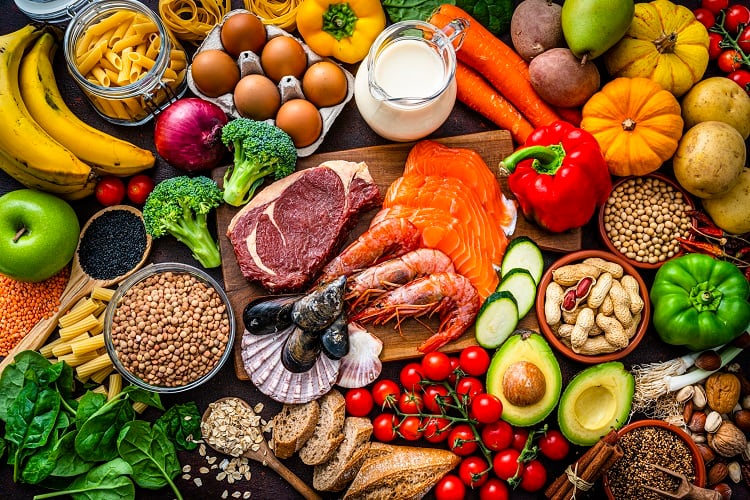“Day one” export fees to America have been avoided, though could come into force from 1 February, as 47th US president Donald Trump’s inaugural speech promised an “overhaul of our trade system”.
Mexico and Canada could be among the first countries hit with tariffs of up to 25% as part of Trump’s trade overhaul.
The EU, meanwhile, has strengthened its trade ties with Mexico, managing to strip out a host of costly fees on products from meat to dairy and alcohol as it prepares for a potential export hit.
If Trump imposes a food & drink tariff
Sitting outside the European Union for Trump’s second presidency, analysts and experts remain hopeful Britain could avoid any harsh taxes levied at the EU and even broker preferential rates.
“If Trump imposes tariffs of potentially 10% to 20%, the big question is whether the UK will be targeted,” says Food and Drink Advocate Ian Wright CBE, who is former director general of the UK’s Food & Drink Federation."
Though an isolated UK facing such tariffs would be problematic, warns Wright. “The US is our third-largest market for food and drink exports, with British favourites like Scotch whisky, salmon and cheese in high demand on American tables,” he adds.
Along with potentially brokering preferential trade deals, there are other avenues of optimism for the UK and the wider EU.
“Certain sectors, like baby milk, might find unexpected opportunities,” says Wright. “Where there are no major US producers, UK brands could step in, filling gaps and thriving despite the storm.”
Opportunities for food and drink
Another opportunity lies within leading the discussion and science on ultra-processed foods, claims Wright.
“RF Kennedy has been vocal about his concerns that UPFs play in our diets,” he says. Adding it’s vital the UK and EU industries take the lead and define UPF in “practical terms” to foster genuine discussion around the topic.
Overall, of the Trump administration, Wright says: “Businesses have to adapt their approach to enterprise risk management, ensuring that their systems, controls and approach to monitoring and measuring risks are equally as fluid and adaptable to the external environment that businesses are trading in.
“Business should be focusing on improving resilience, spreading their exposures and risks and reviewing their supply chains and critical dependencies to ensure they are not exposed to significant shifts in policy or political positions.”





